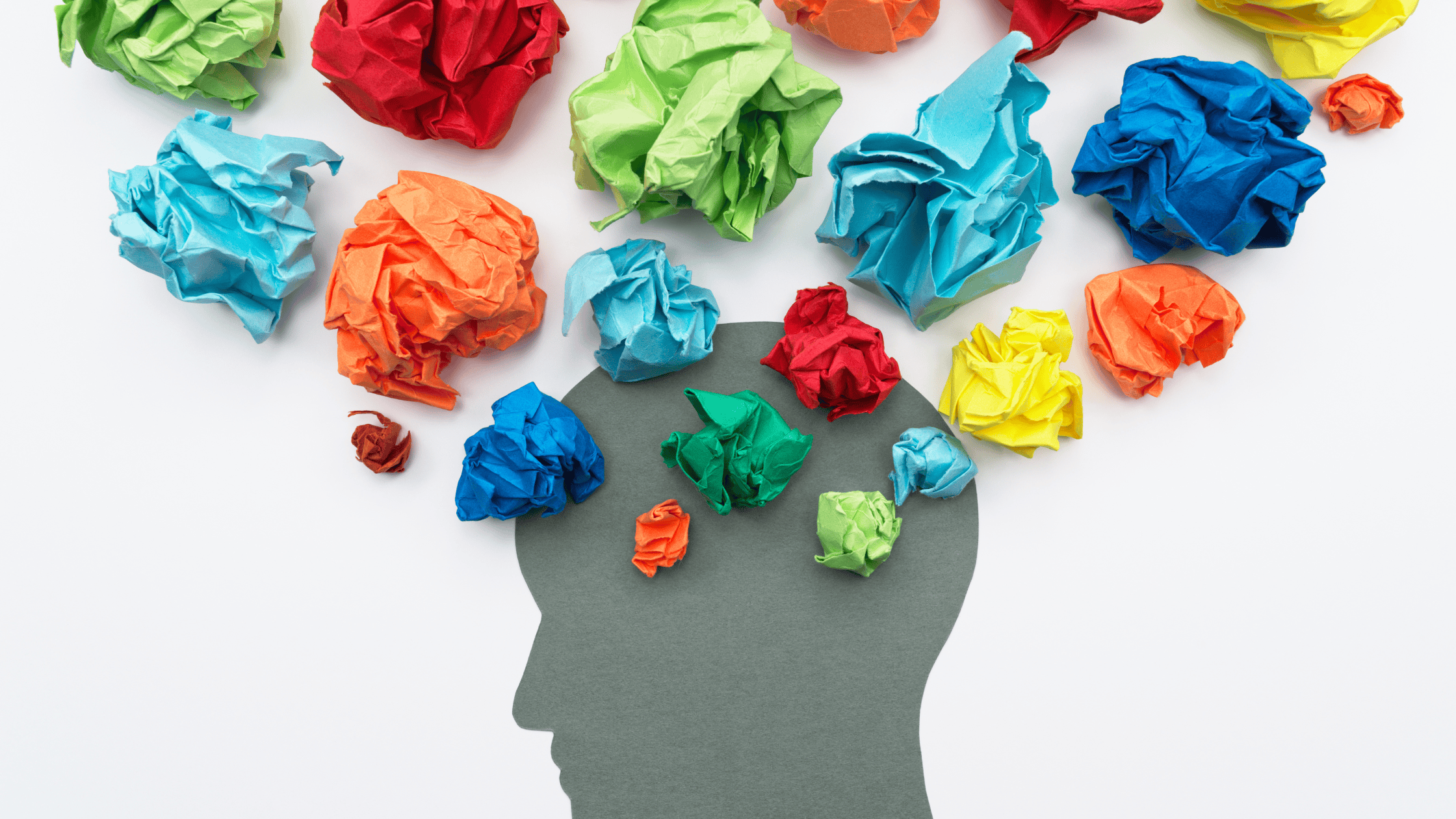Each year, Mental Health Awareness Month is observed in May to bring attention to the importance of mental health and its impact on individuals, communities, and society. This year, we are focusing on confronting the stigma that still surrounds mental illness—a persistent barrier preventing many from seeking help and support.
The social stigma associated with mental health conditions is not only damaging but also inaccurate and harmful. By promoting education, fostering open dialogues, and advocating for change, we can break down misunderstandings and create more inclusive, supportive environments for those struggling with mental health challenges.
Why Does Stigma Around Mental Health Exist?
Mental health stigma refers to the negative attitudes, beliefs, and behaviors directed at people with mental health conditions. It stems from misconceptions, lack of understanding, and ingrained stereotypes that portray those with mental illness as weak, violent, unstable, or incapable.
This stigma manifests in many ways—through insensitive language, social exclusion, discriminatory practices, or even internalized negative feelings of shame. The impact is profound, leading to low self-esteem, difficulties at work or school, strained relationships, avoidance of treatment, and an overall poorer quality of life.
What can we do about it?
Breaking Down Stigma Through Education
One of the most powerful tools for dismantling stigma is education and increasing mental health literacy1. Accurate information helps shatter myths, like the notion that mental illness is a personal flaw or untreatable.
In reality, mental health conditions are legitimate medical issues influenced by a complex blend of genetic, biological, and environmental factors.
Let’s break it down further.
Promoting Accurate Information About Mental Health
To promote accurate understanding, it’s important to dispel common myths and misconceptions about mental illness. These include:
- Mental health conditions are a sign of weakness or something to be embarrassed about (false—issues in the brain are no different than health issues plaguing other body systems)
- People with mental illness are violent or dangerous (false—they are more likely to be victims rather than perpetrators of violence2)
- Mental health issues aren’t real medical problems (false—they are real health conditions involving brain chemistry and function)
Highlighting the sheer prevalence of mental health conditions can also reduce stigma. Over 50% of Americans will be diagnosed with a mental illness at some point in their lifetime. We all likely know someone—whether a family member, friend, coworker, or neighbor—living with a mental health condition. Realizing how common and widespread these issues are can make them feel less alien or scary.
Providing Resources For Education And Awareness
Many reputable online resources provide detailed, evidence-based information to counter misinformation and stereotypes. For example, mental health organizations like NAMI, the CDC, and government health websites contain fact sheets, statistics, educational videos, and other materials.
Additionally, advocacy groups, healthcare providers, schools, and workplaces can offer training workshops, webinars, community discussion panels, and other programs to boost mental health awareness. Access to accurate resources empowers people to increase their knowledge and become ambassadors against stigma.
Encouraging Open Conversations Around Mental Health
In addition to learning the facts, we must normalize open and honest discussions around mental health.
authentic conversations—whether one-on-one or in supportive group settings—help validate experiences, provide solidarity, reduce isolation, and cultivate understanding. The more we talk openly, the more we can chip away at stigma’s grip.
Sharing Personal Stories and Experiences
Sharing personal stories and putting human faces to mental illness can be a powerful catalyst against stigma. By drawing from their own journeys, advocates foster empathy, reassure others that they’re not alone, and inspire hope that healing is possible.
For example, public figures who are transparent about their mental health challenges help shatter stigma through representation. Campaigns featuring diverse speakers sharing candidly can encourage others to have those same open discussions in their own lives.
Promoting Self-Care and Mental Well-being
At the end of the day, reducing stigma in our communities starts with each of us taking care of our own mental well-being. Prioritizing self-care allows us to show up as our best selves and model healthy behavior for others.
The Power of Self-Care
Self-care refers to the daily practices we engage in to protect our mental, physical, and emotional health. This looks different for everyone but often includes:
- Physical Activity: Getting regular exercise releases endorphins, reduces stress and anxiety, and improves mood and sleep.
- Nutrition: Eating a balanced diet full of fruits, vegetables, lean proteins, and healthy fats provides the nutrients to fuel our bodies and minds.
- Sleep Hygiene: Establishing a consistent sleep schedule and getting 7-9 hours per night is crucial for regulating emotions and cognitive functioning.
- Mindfulness Practices: Techniques like meditation, deep breathing, journaling, and yoga help cultivate present-moment awareness and a sense of calm.
- Unplugging from Stressors: Making time to unwind from work, obligations, and digital overstimulation gives our brains a needed reset.
The self-care activities that replenish us are highly personal. The key is finding what works to help you reduce stress, recharge, and bring more joy into your life.
When to Seek Professional Help and Support
For anyone experiencing persistent, overwhelming mental health symptoms like depression, anxiety, or trauma responses, don’t hesitate to get professional support. Therapy, counseling, psychiatry, support groups, and other mental health services should be treated as a normal part of your overall health—not something to be ashamed or afraid of.
Working with a licensed professional can provide invaluable tools and perspectives for understanding and managing your mental health. They can develop personalized treatment plans, teach coping strategies, and help you work through root issues.
Reject The Stereotypes
This Mental Health Awareness Month, let’s come together to reject the stereotypes, misconceptions, and discrimination surrounding mental illness.
Through open and honest dialogue, increased education and awareness, compassionate storytelling, and collective advocacy, we can help lift the veil of stigma. We can inspire more people to embrace their mental health journeys without judgment, fear, or shame. We can create a society that uplifts and supports those facing mental health challenges with the care, empathy, and resources they deserve.
It’s on all of us to keep this conversation going, to keep learning and teaching, and to keep advocating for change. Mental health is not a personal weakness—it’s part of every person’s overall health and well-being that must be prioritized and protected. Join the movement to tackle the stigma.
References
- Simmons, L., Jones, T., & Bradley, E. (2017). Reducing mental health stigma: The relationship between knowledge and attitude change. European Journal of Mental Health, 12(1), 25-40. https://doi.org/10.5708/EJMH.12.2017.1.2
- STUART, H. (2003). Violence and mental illness: An overview. World Psychiatry, 2(2), 121-124. https://www.ncbi.nlm.nih.gov/pmc/articles/PMC1525086/STUART, H. (2003). Violence and mental illness: An overview. World Psychiatry, 2(2), 121-124. https://www.ncbi.nlm.nih.gov/pmc/articles/PMC1525086/













